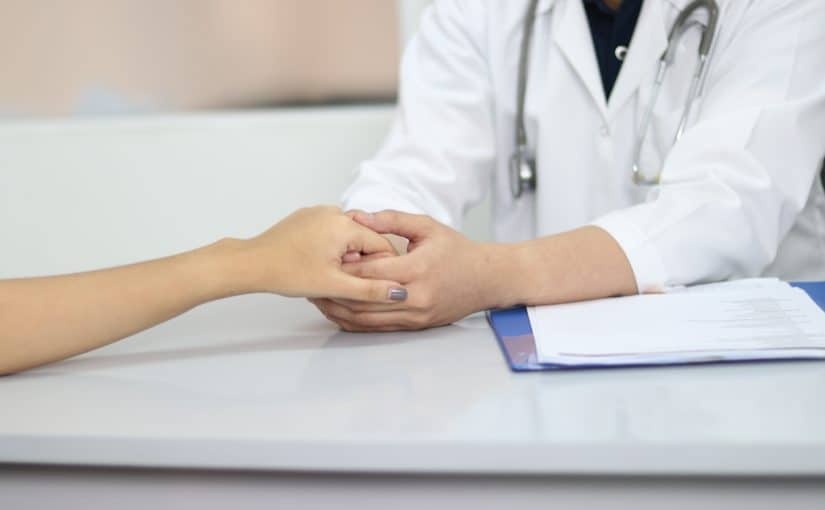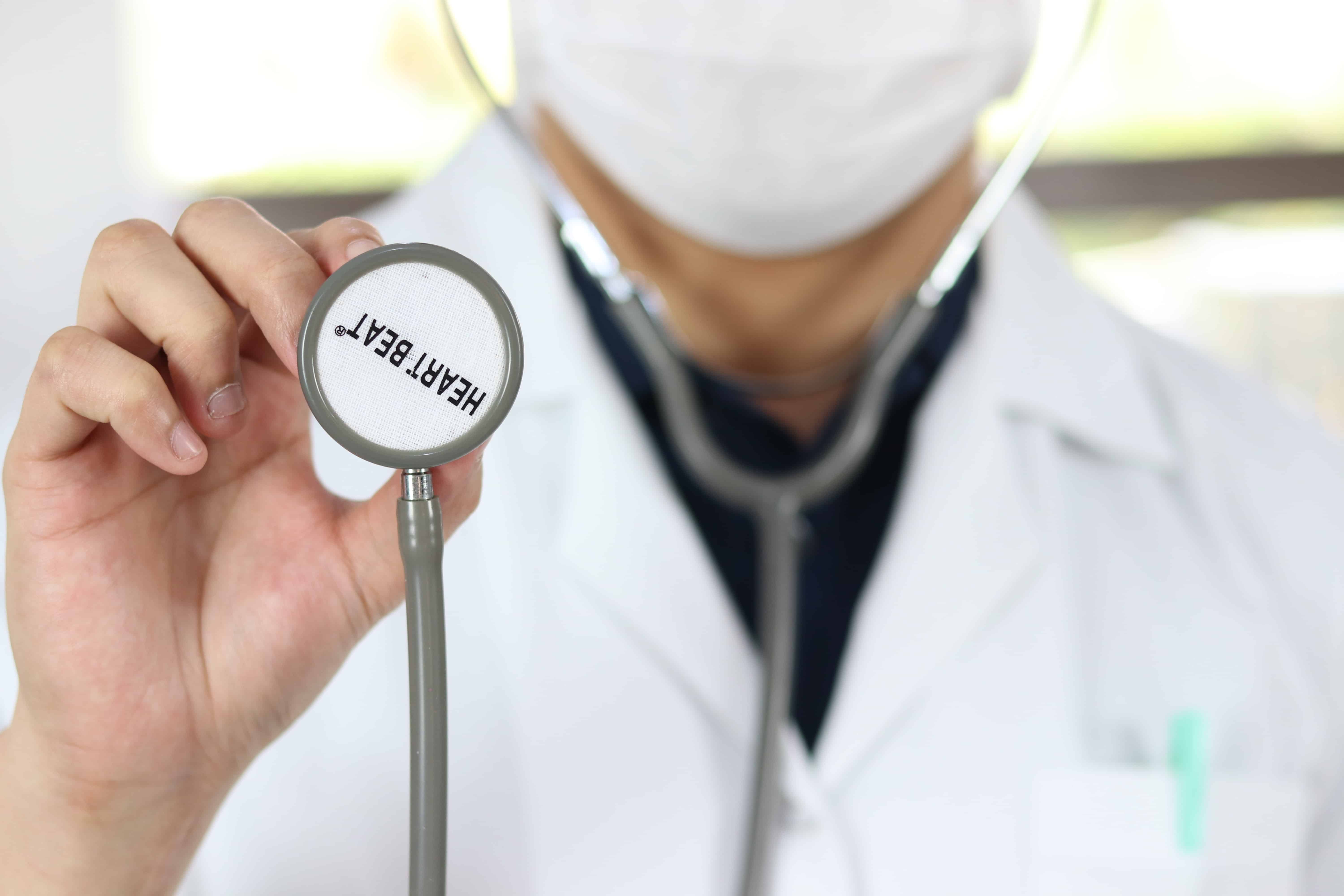
Serotonin syndrome is an emergency and can be fatal in extreme cases. It is important to recognize serotonin syndrome symptoms when they are happening because if medications are stopped early most cases remain mild. So what is serotonin syndrome? Let’s review the signs and symptoms of serotonin syndrome so it isn’t missed but also so people have an accurate idea of what it is and don’t worry they have it when they don’t. I will also go over what causes serotonin syndrome to help make more informed decisions about medication.
Recognizing the signs and symptoms of serotonin syndrome:
Recently, I had a patient be told they had serotonin syndrome because they were on an antidepressant and had an occasional lip twitch. They had no other serotonin syndrome symptoms supporting this diagnosis. The stress created for this person was completely unnecessary as they did not at all have it…and if they did, they should have been told to immediately stop the offending antidepressant. Instead, they were left on it and were completely stressed for 2 weeks until they saw me.
Because of this unfortunate experience, I thought it was a good time to review what is serotonin syndrome and how to recognize it.
Is serotonin syndrome common?
In my 19 years since medical school, I have only seen one case of serotonin syndrome despite treating many people in the hospital who have overdosed on antidepressant medication. The person I saw had overdosed on multiple different antidepressants and was admitted to the medical unit for stabilization. Days later, I saw them when they were transferred to the inpatient psychiatry unit.
By the time I met them, the serotonin syndrome symptoms were reduced but still significant and obvious. I’ll never forget their impressive reflexes- with a light brush to the knee (not even the usual tap) the patient’s leg would involuntarily kick up to the ceiling. They were restless (specifically had akathesia), highly anxious, shivering, and tremulous. This was not a subtle presentation like the occasional lip twitch my recent patient just had.
What causes serotonin syndrome? Let’s review what is serotonin syndrome and the more common causes.
First off, let me acknowledge serotonin syndrome is tricky because it is both predictable and unpredictable (see next paragraph), and the syndrome can range from mild to fatal. There is no particular laboratory test to diagnose it.
Serotonin syndrome is predictable because it is caused by excessive serotonin in the body… However, it is unpredictable because it is unclear who it’ll happen too. It can occur to someone taking their first dose of an antidepressant or be caused by combining multiple different medications that increase serotonin.
Oftentimes it happens when someone on a stable medication unknowingly takes a medication that interacts with it (such as cold medicines containing dextromethorphan, St. John’s Wort, certain migraine medication, various antibiotics, cocaine, etc). These interactions can cause an increase in serotonin.
Antidepressants, especially SSRI’s, are the most common medications involved in serotonin syndrome but any medication or substance that affects serotonin metabolism or regulation can cause toxicity. Many of the medications that cause it, although not all, treat psychiatric conditions.
Serotonin syndrome symptoms:
Generally, serotonin syndrome presents within 24 hours of starting a medication or changing a therapy that causes increased serotonin. The person will have a mild, moderate, or severe serotonin syndrome dependent on which symptoms they have.
There are 3 different groups of serotonin syndrome symptoms that people can have:
1. Altered Mental Status: anxiety, agitation, disorientation, restlessness.
2. Autonomic Instability: high blood pressure, fast heart rate, irregular heart rate, fast breathing, increased body temperature, sweating, shivering, flushed skin, vomiting, diarrhea.
3. Changes in neuromuscular tone: tremors, clonus (a muscle spasm with recurrent and often rhythmic contractions), exaggerated reflexes, muscle rigidity, incoordination.
Examples of symptom severity:
A mild presentation could include mild to no temperature, fast heart rate, sweating, shivering, tremor, restlessness, anxiety, with mildly elevated reflexes.
A patient with a severe presentation may have a high fever, seizures, confusion, irregular heartbeat, or be unconscious.
This article has a great table showing the differences between a mild, moderate and severe presentation of serotonin syndrome.
Treatment
Treatment is guided by the severity of the signs and symptoms of serotonin syndrome but always starts with immediately discontinuing the antidepressant.
If the symptoms are mild the syndrome generally resolves within 24 hours and the treatment is considered “supportive” (for example giving oxygen, IV fluids, medications to control agitation, etc).
For people that have more severe symptoms, they may need a medication that can reverse the excess serotonin (called cyproheptadine) or more intensive treatment to control body temperature and relax rigidity.
Signs and symptoms of serotonin syndrome
If you are concerned you may have signs or symptoms of serotonin syndrome call your physician immediately to inquire.
To limit your risk of getting serotonin syndrome pay attention to medication interactions. Just because something is over-the-counter (OTC) does not mean it is safe to take with an antidepressant. If you are in the pharmacy about to pick up an OTC medication check with the pharmacist first or call your physician. Sometimes, even when there is an interaction, we decide to go ahead and have a person take it because the benefits outweigh the risks (for example, people with migraines often need to take their triptans even though they interact with the antidepressant). Make informed choices on the medications you take and let your physician help talk you through the pros and cons.
Remember, even with a mild case of serotonin syndrome, there are several symptoms that happen. If you know what to look for it will make identification quicker so there is a better chance the symptoms will remain mild.
Read more about the treatment of depression and prevention of suicide:
11 Effective Interventions for Depression
A Psychiatrist’s Take on Suicidal Thoughts and Suicide Prevention
Suicide Prevention Plan: 5 Tips to Deal With Thoughts of Suicide
Other medication side effects to watch out for:
Take psychiatric medications? Be aware of SIADH hyponatremia and SIADH symptoms
Akathesia: A Tortured Restlessness
9 Facts About the Sexual Side Effects of Antidepressants: They are common!
Don't miss another post!

Subscribe to get our latest content by email.








Hi I’m kanz. I’m close to 40. I’ve just got diagnosed with ADHD. I was kind of thinking the doctor was crazier than what I was feeling. Because I thought when the kids get that or I’m not hyper. Oh and I’m f****** in intense and I go zero to a hundred real quick. So the past two weeks my life has been way more hectic and not okay than normal. My depression my anxiety like literally started to take a toll on me. Yesterday my lip was twitching so crazy I thought I was going to freak out. My mom wanted her cause of death was severe depression. I swore to myself I would never die like that. So I’ve been doing all this research looking it up like how do I care me. And there’s no cure and more things are happening because my stress is going through the roof. I have a lot of the symptoms of the mild serotonin syndrome. I don’t want to be so f***** up in the head though that I don’t know my f****** name at the end of this what do I do?!!
It’s great that you have a doctor now that can help you sort it out. There are many possibilities for what you are feeling and it’s important to sit down with your physician to figure out the source so you can get better. I’m sorry you are struggling
Thank you for this summary. I’m glad MAOI’s are not used very commonly any more, as those were common precipitates of this condition.
Yes, definitely is more common with MAOi’s…and so are many other side effects and the diet to deal with… Glad we have a lot more options these days! MAOi’s can be lifesaving for some who just don’t respond to the newer treatments so there will be a select population that are unable to avoid them.
What happens when you have a doctor prescribing you methylphenidate, diazepam, have c.o.p.d. which is not diagnosed and the doctor refuses to listen?
It can be so difficult for people to get their concerns addressed in the limited time alotted for many visits. If this is one of the issues, and if this is possible, request more frequent follow-up visits so that specific concerns can be addressed one at a time and not rushed through. Since you are continuing your treatment with this physician hopefully you are able to express what it is you are worried about. Even if the physician doesn’t agree, ideally they are able to explain their rationale for why they are not concerned.